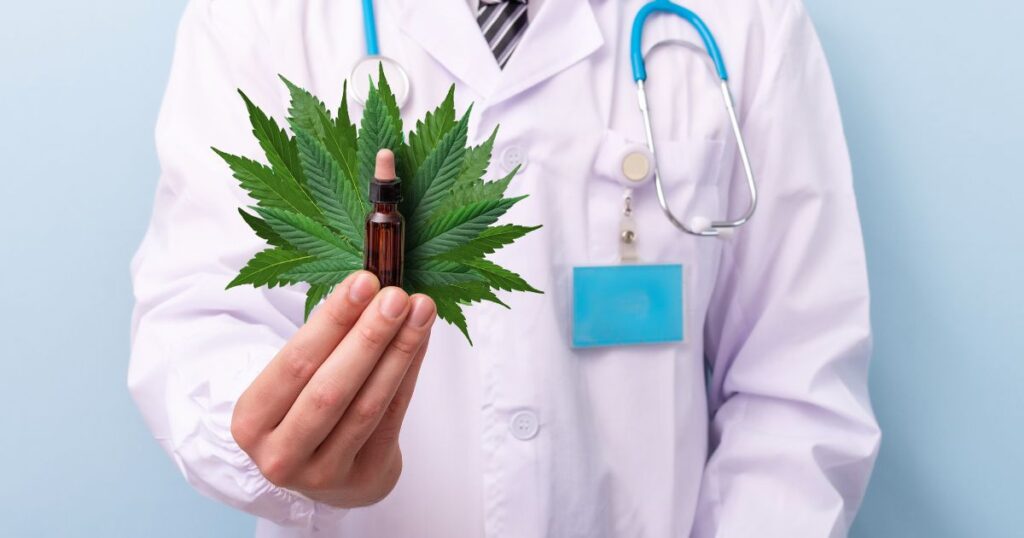Utah’s medical cannabis program was established to provide patients with safe, regulated access to therapeutic cannabis. However, a significant number of registered patients continue to turn to the illicit market to obtain their medicine. A study published in the Journal of Cannabis Research takes a look at the issue, exploring the reasons why some individuals bypass the legal cannabis industry in Utah.
The findings highlight barriers within the state’s program, including cost, access, and stigma, and offer a roadmap for creating a more effective and accessible legal market.
The research, conducted by Jerry Cochran, PhD, and Lirit Franks, PhD, from the University of Utah’s Program for Addiction Research, Clinical Care, Knowledge, and Advocacy (PARCKA), surveyed over 200 people enrolled in Utah’s medical cannabis program.
It looked to understand the motivations behind using illicit medicinal cannabis (IMC) and identify what drives patients away from the regulated system. The study shows that the legal market’s hurdles are pushing people toward unregulated sources, which can expose them to significant health risks.
The High Cost of Legal Medical Cannabis
The most significant factor driving patients to the illicit market is cost. The study found that a staggering 79% of those who go their medical cannabis from illicit market cited the high price of legal products as their primary reason. This financial barrier is not just about the product itself but encompasses the entire process of participating in the medical cannabis program.
Patients face multiple expenses, including enrollment fees to get a medical cannabis card, renewal costs, and potential costs associated with visiting a qualified medical provider. The research highlighted that patients using illicit cannabis were more likely to report issues with these costs.
For example, 29.2% of illicit users struggled with enrollment costs, compared to just 7.1% of those who exclusively used the legal market. Similarly, the high cost of the cannabis products themselves was a problem for 45.8% of illicit users, versus only 15.4% of legal-only users.
When the legal cannabis industry is prohibitively expensive, patients who rely on it for medical conditions may feel they have no other choice but to seek more affordable, albeit unregulated, options. This is a big issue, as the financial strain can undermine the very purpose of a medical program designed to provide care.
Barriers to Access and Supply
Beyond the financial burden, practical barriers to accessing legal cannabis also contribute to the problem. Patients reported difficulties in obtaining a consistent and adequate supply of their medicine through legal channels. The study showed that ensuring an adequate supply was the second most cited reason for turning to the illicit market.
Participants who used illicit cannabis reported problems getting their medical cannabis at a much higher rate (54.2%) than those who did not (20.2%).
Specific hurdles included issues with renewal requirements, which 25.0% of illicit users experienced, compared to less than 1% of legal-only users. These logistical challenges can create significant stress for patients who depend on cannabis for their health and well-being.
When the legal system feels unreliable or overly complicated, the simplicity of the illicit market can become an attractive alternative.
The study also pointed to fears of discrimination as a major deterrent. A notable 37.5% of illicit users worried about facing discrimination at work, compared to just 8.8% of those using the legal program exclusively.
This unfortunately suggests that even when cannabis is legally prescribed, the lingering social and professional stigma can push patients toward more discreet, unregulated channels.
Role of Trust and Information For the Legal Medical Cannabis Industry
Trust in the official program and access to reliable information play a crucial role in a patient’s decision to use legal or illicit cannabis. The research revealed a significant trust gap among those who use the illicit market. Only 45.5% of illicit users reported trusting the state’s medical cannabis program, compared to 67.4% of those who stuck to legal sources.
This lack of trust extends to the information provided by the program. Patients who relied on the state’s official website for cannabis information were far more likely to use legal products.
In contrast, illicit users showed less reliance on pharmacists and the state program for guidance. This indicates that clear, accessible, and trustworthy information is a powerful tool in encouraging legal use. When patients feel uninformed or skeptical of the official system, they are more likely to seek answers and products elsewhere.
“If you can get rid of all the bias and just give people good, accurate information about medical cannabis, people will use the medical cannabis program,” says Jerry Cochran, PhD in a recent article about the study.
Furthermore, some patients reported experiencing stigma from healthcare providers, which can erode trust and discourage them from engaging with the legal system. While this was reported by a smaller percentage of participants, it highlights the need for better education and destigmatization efforts within the medical community.
Building a Safer, More Accessible Legal Cannabis Program
The findings from this study offer clear directions for improving Utah’s medical cannabis program, and others around the country. Addressing the high costs, streamlining access, and building trust are essential to reducing reliance on the illicit market. When patients turn to unregulated sources, they could possibly face risks.
Illicit products lack quality control and may contain inconsistent levels of THC and CBD, as well as harmful contaminants like pesticides, mold, or heavy metals. These substances can be dangerous and may worsen the very conditions patients are trying to treat.
To steer patients toward the safer, regulated market, several changes could be made. Reducing program fees, such as the cost to obtain or renew a medical cannabis card, could provide immediate financial relief.
Lawmakers could also explore ways to make cannabis products themselves more affordable. For example, they could re-evaluate the regulations and fees they impose on licensed producers, who often pass these costs on to the consumer.
Strengthening the program’s educational resources is also vital. By providing unbiased, reliable information, the state can empower patients to make informed decisions and build greater trust in the legal system.
Educational campaigns aimed at reducing stigma among healthcare providers and employers could also help create a more supportive environment for medical cannabis patients.
Ultimately, creating a program that is affordable, accessible, and trustworthy will ensure that patients in Utah no longer have to choose between their health and their financial well-being.






















